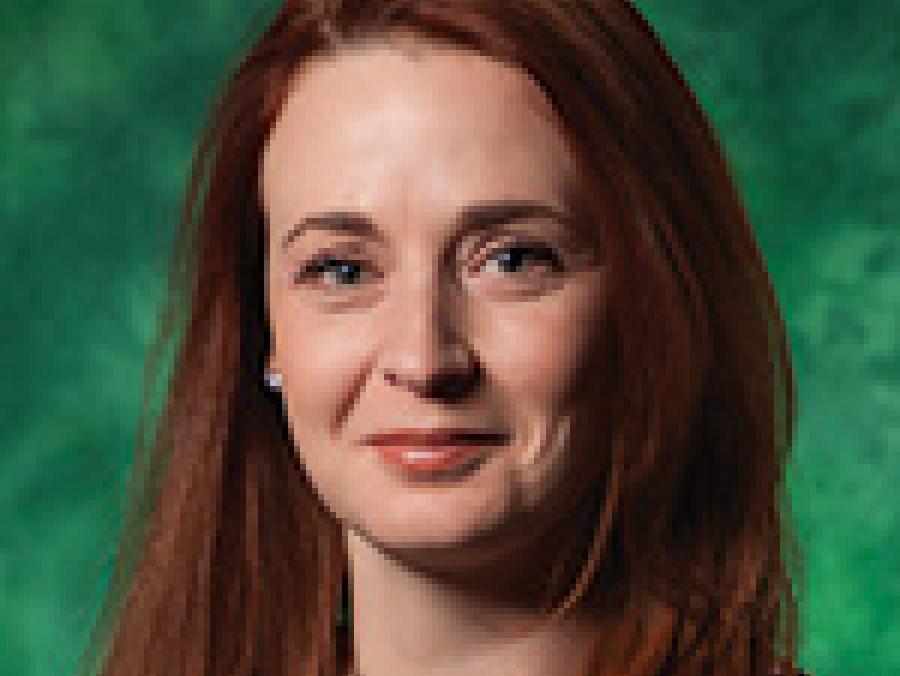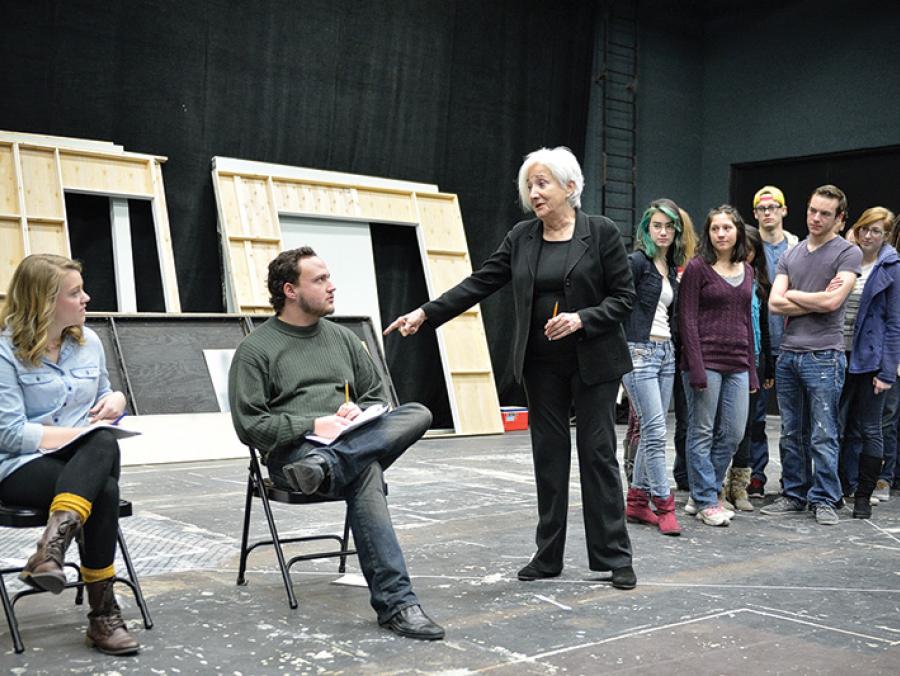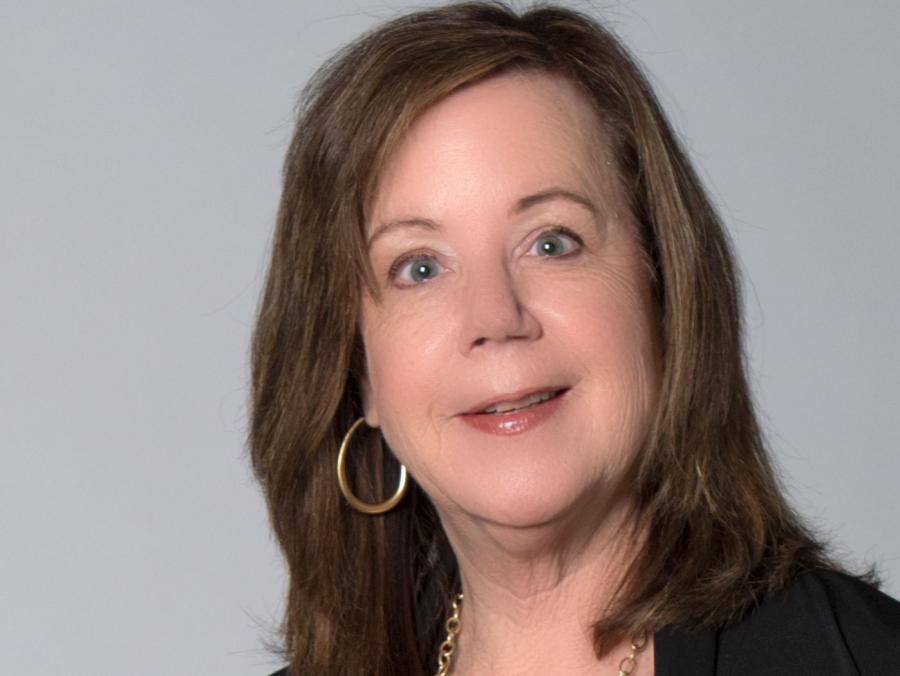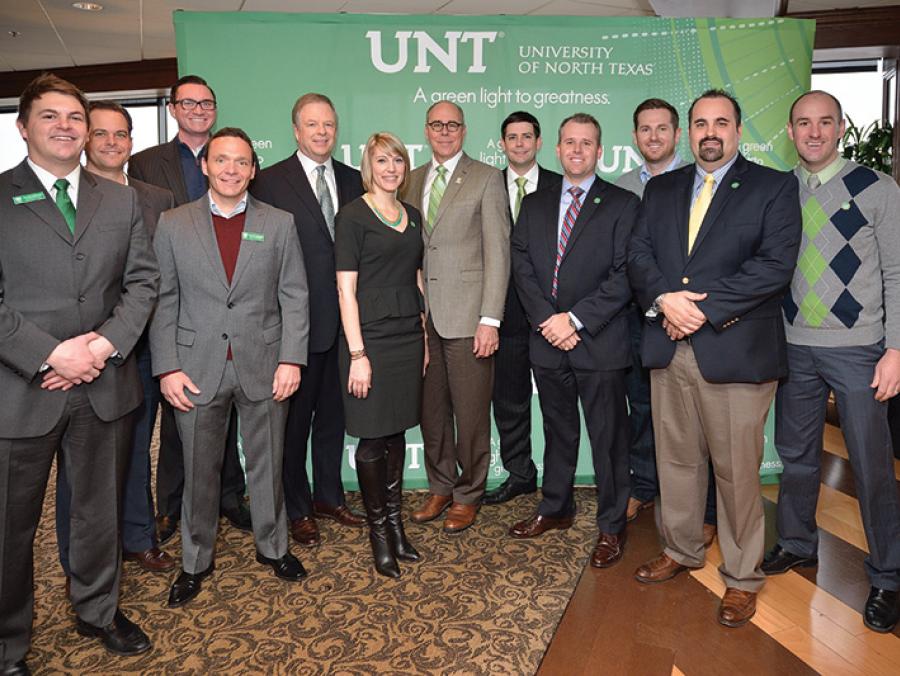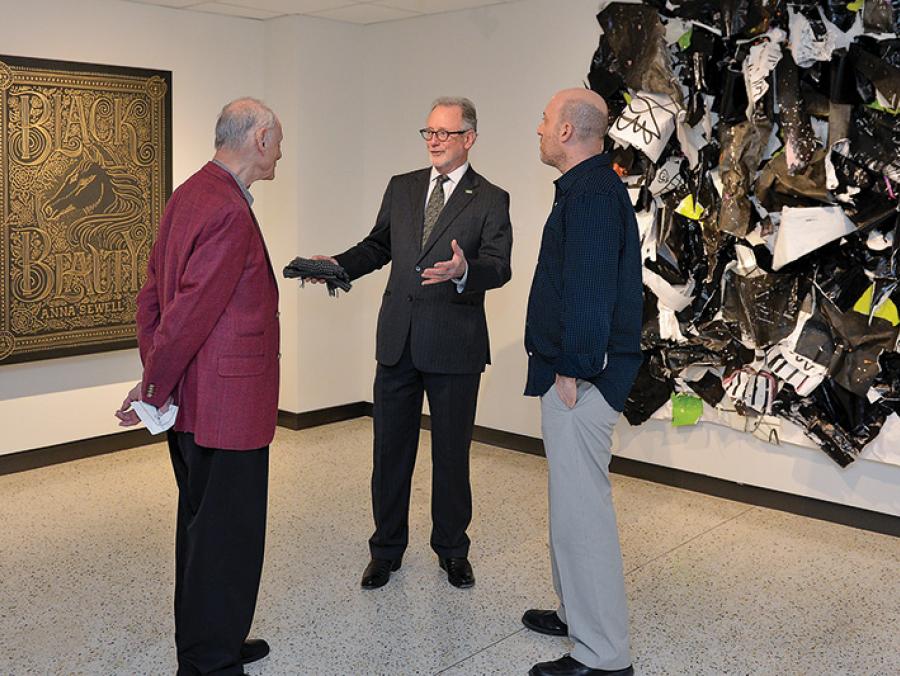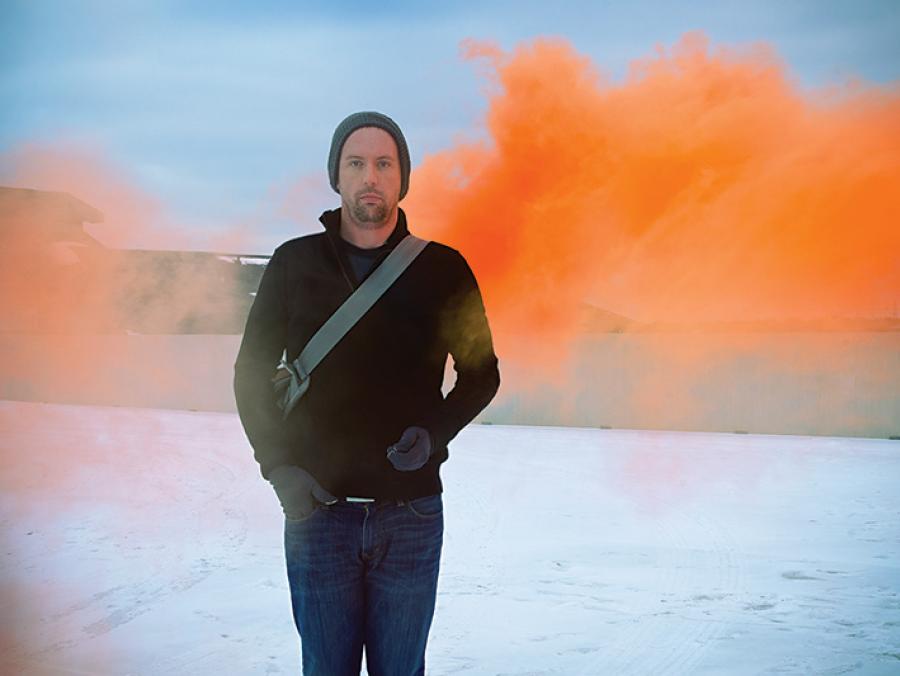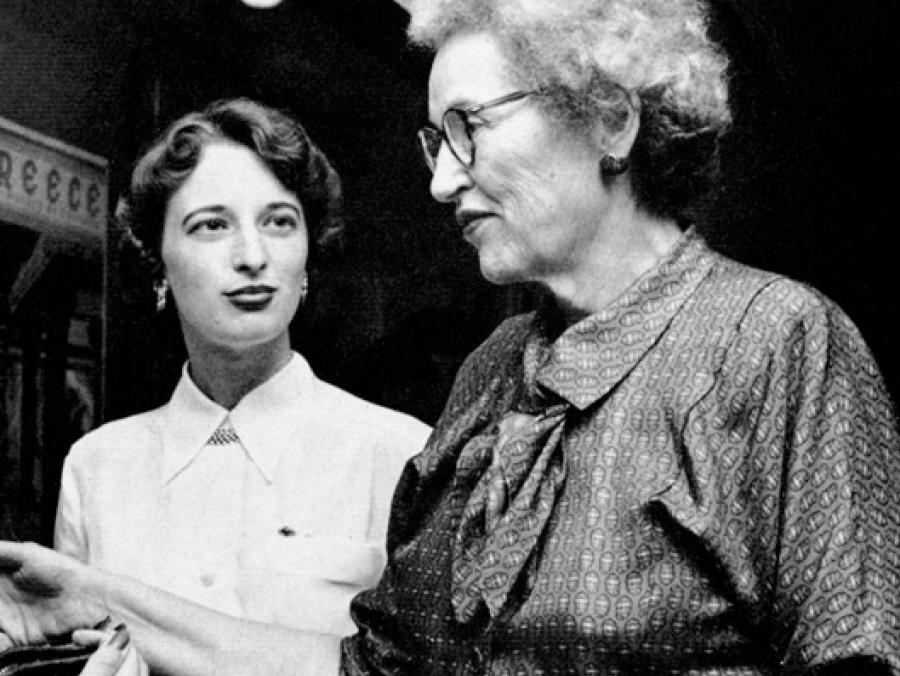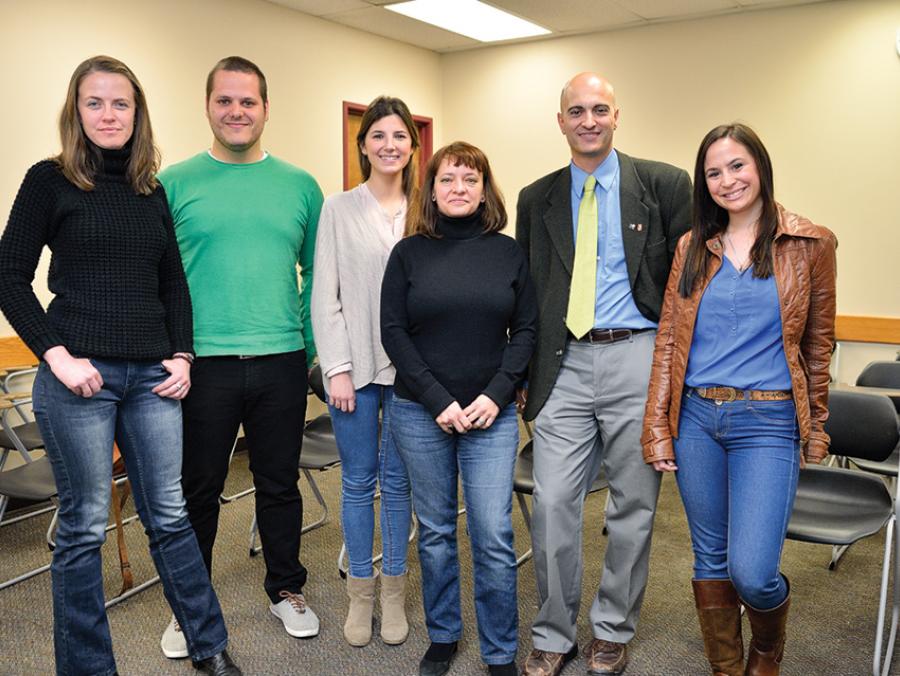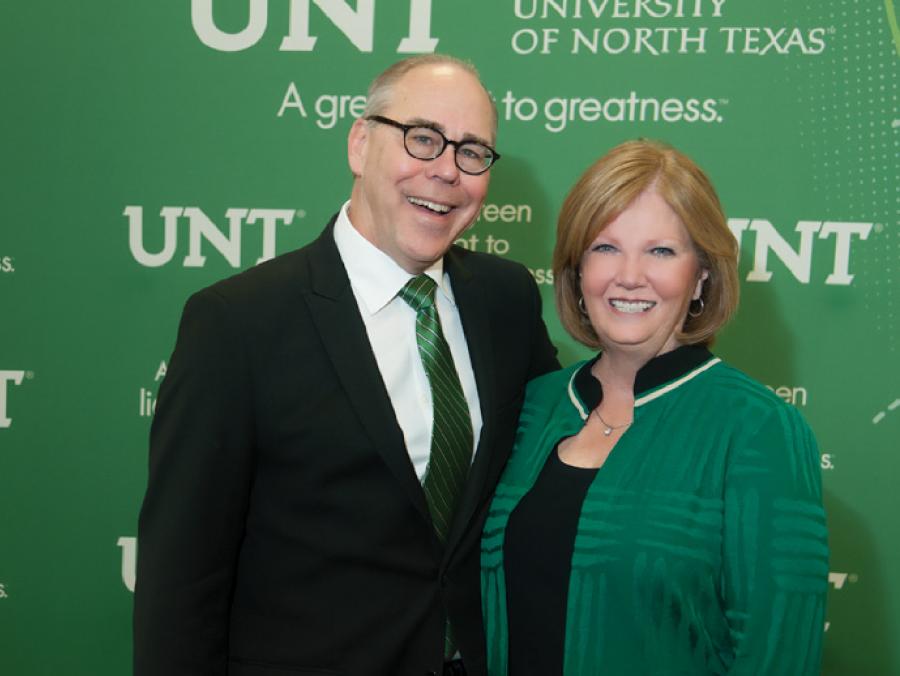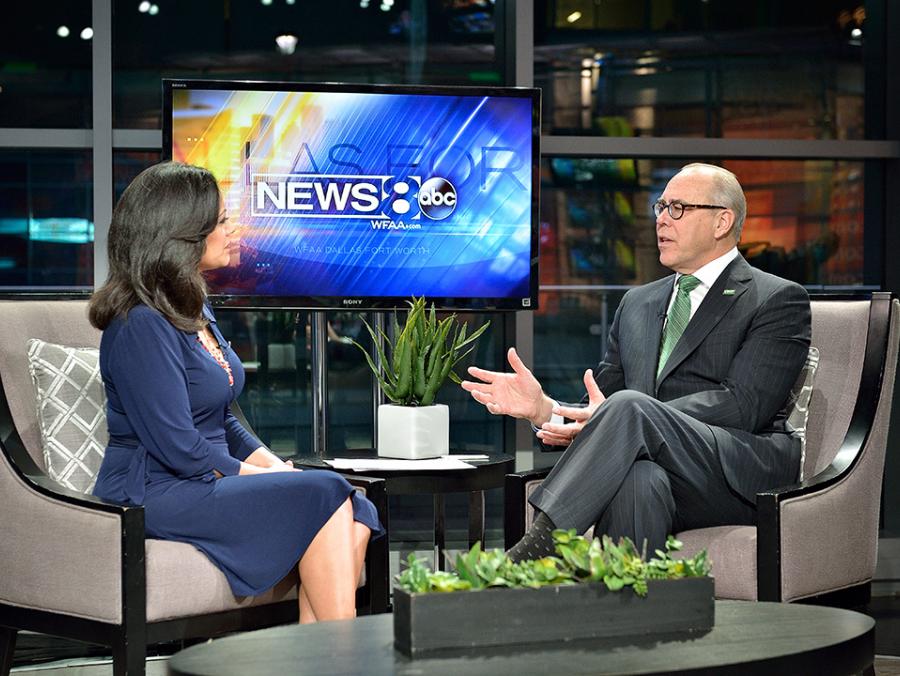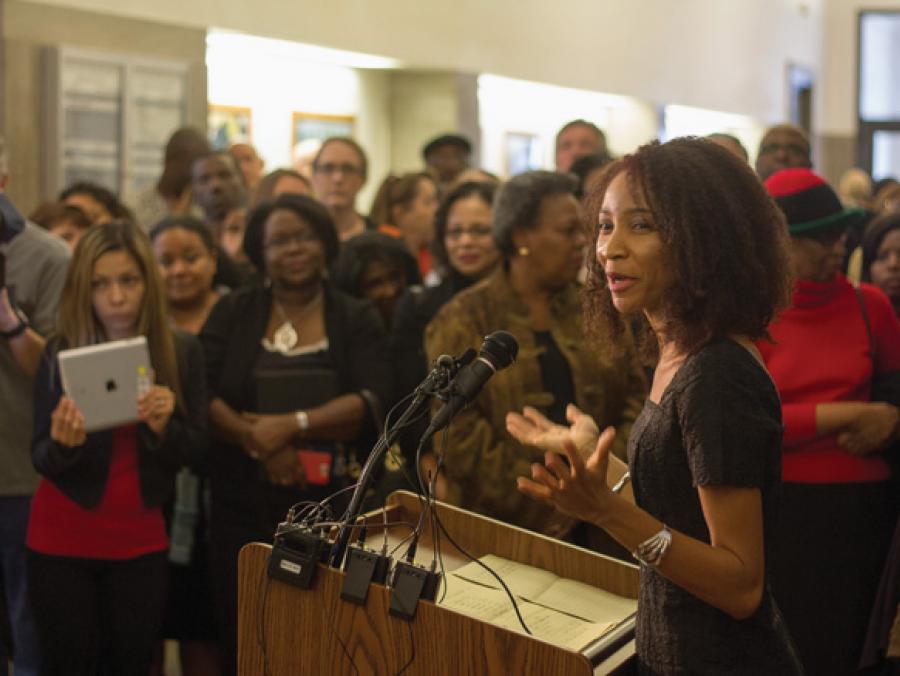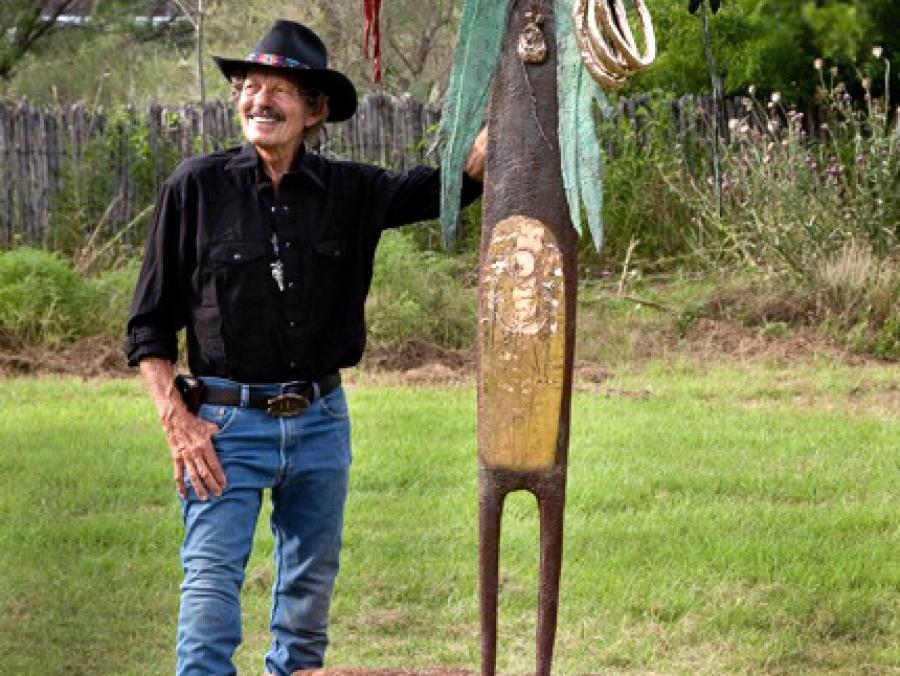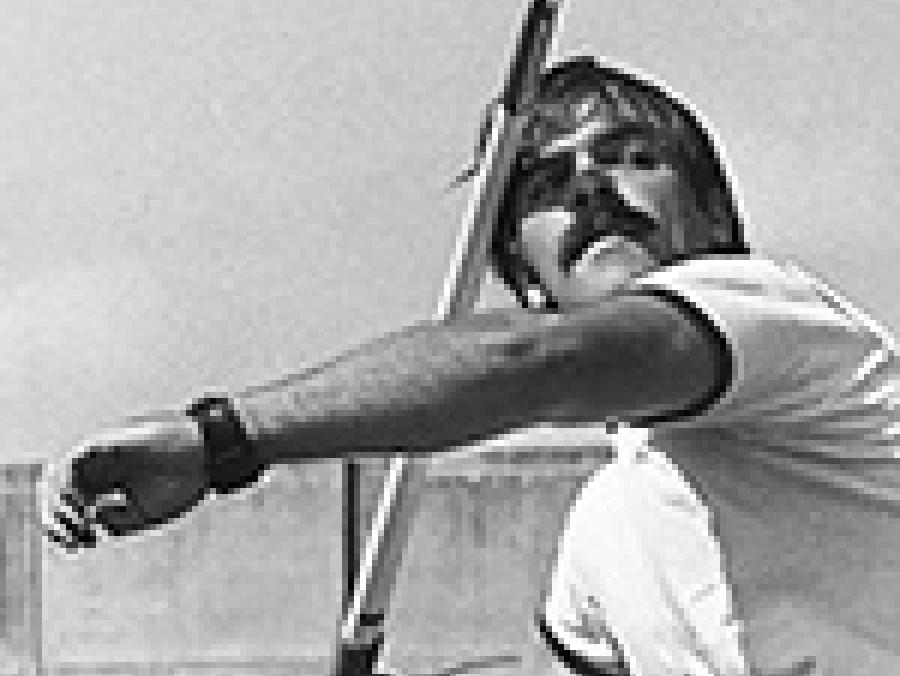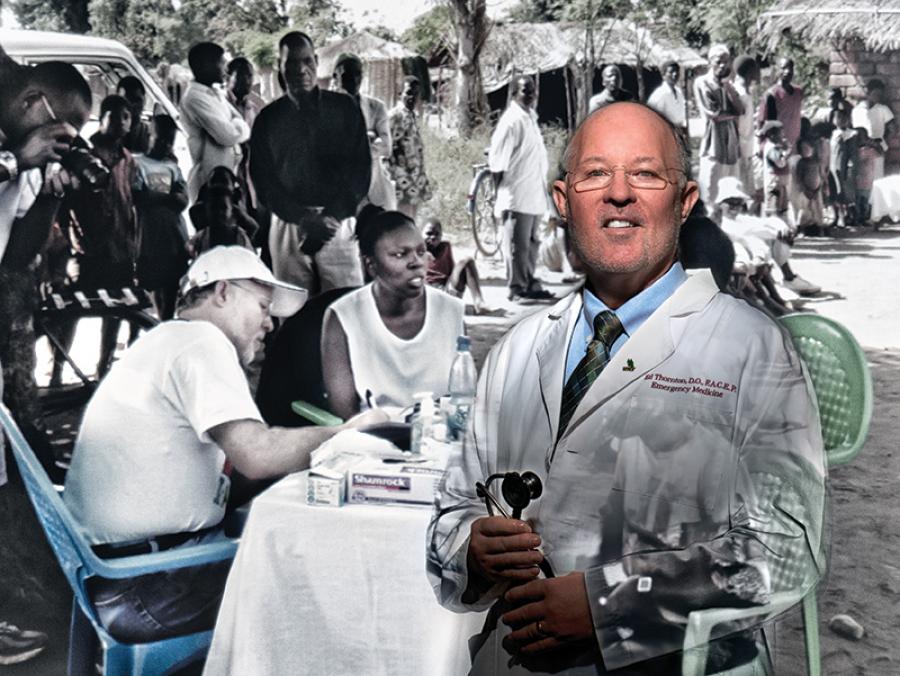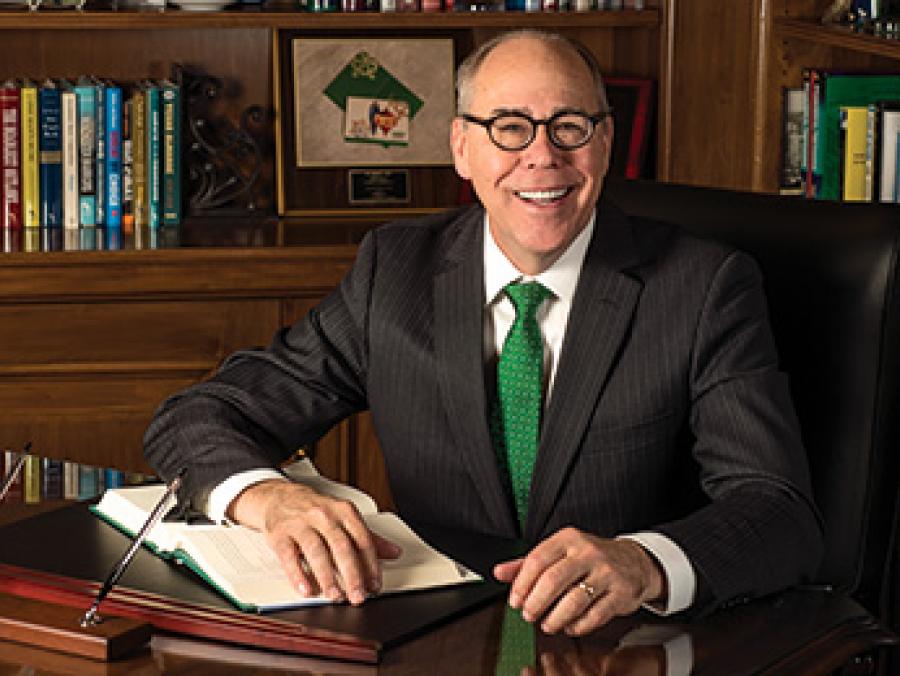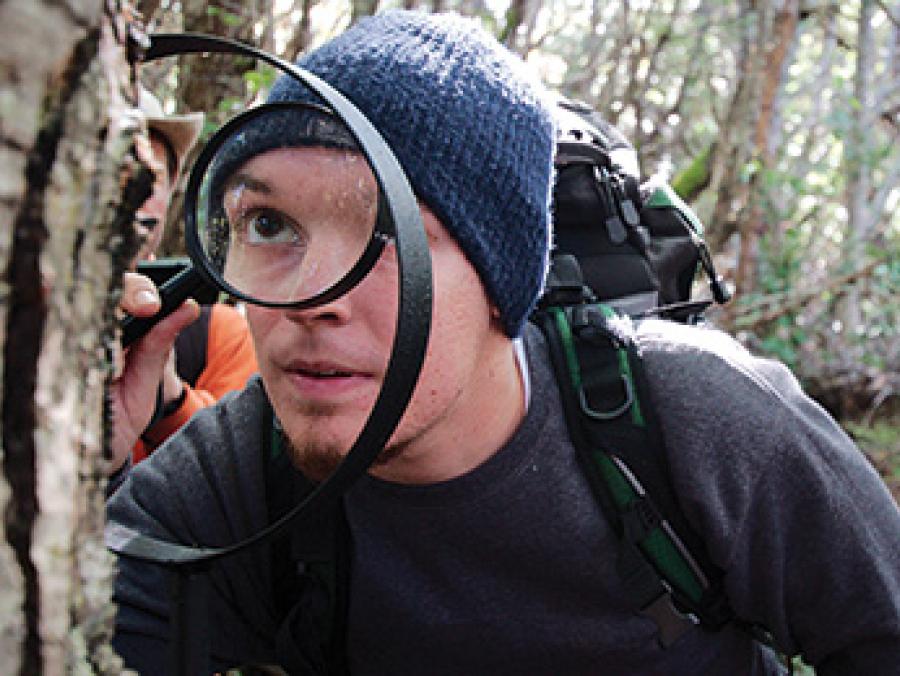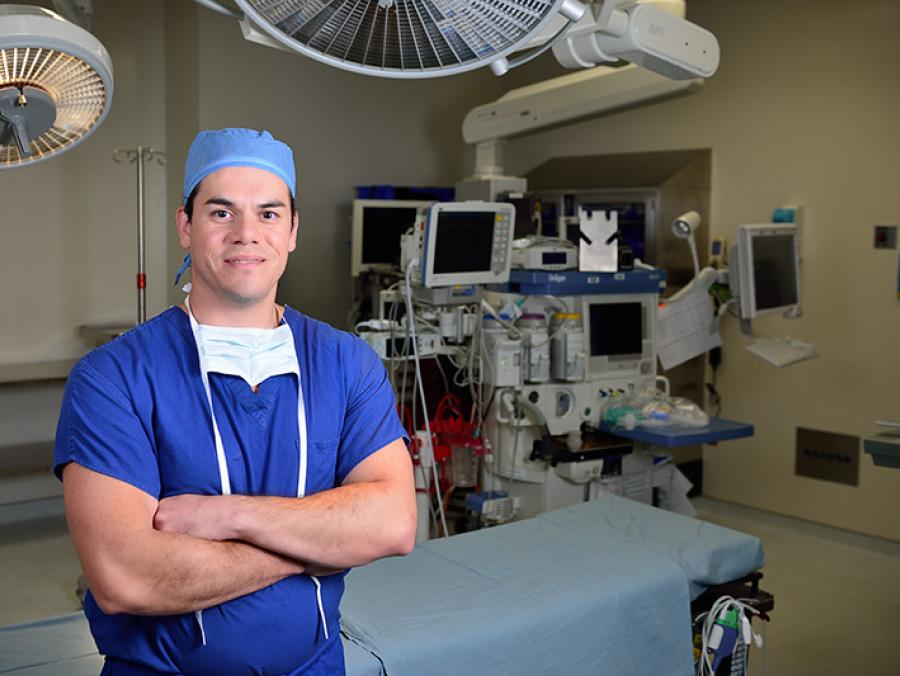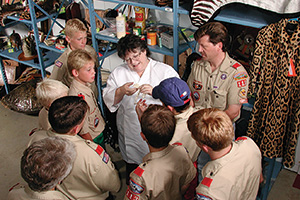 Bonnie Yates ('70,'82 M.S.) dedicated her career to protecting endangered species and combating wildlife crime. She spent 20 years with the U.S. Fish & Wildlife Service's National Wildlife Forensics Laboratory in Oregon as a forensic morphologist, in charge of the identification of mammalian parts and products confiscated in wildlife crime investigations for the federal government. But she got her start at UNT.
Bonnie Yates ('70,'82 M.S.) dedicated her career to protecting endangered species and combating wildlife crime. She spent 20 years with the U.S. Fish & Wildlife Service's National Wildlife Forensics Laboratory in Oregon as a forensic morphologist, in charge of the identification of mammalian parts and products confiscated in wildlife crime investigations for the federal government. But she got her start at UNT.
Yates earned a bachelor's degree in secondary education. She later returned and became one of the first graduates of the master's program in environmental science. As a graduate student, Yates worked in the Zooarchaeology Lab at the Institute for Applied Sciences, where she learned how to identify bones for scientists, and after graduating served as assistant director of UNT's Center for Environmental Archaeology until 1992 when she began work at the National Wildlife Forensics Laboratory.
"I've had so many amazing experiences. I've examined elk teeth, tiger skin rugs and bones that people were trying to import to the U.S.," she says. "Every day was filled with something new, something interesting."
Yates retired in fall 2012 from the laboratory, and was chosen as one of 10 people worldwide for the Clark R. Bavin Wildlife Law Enforcement Award for her accomplishments in combating wildlife crime. Along with being a pioneer in wildlife forensics, examining more than 7,000 pieces of evidence for more than 2,000 cases, Yates developed new species identification techniques for use in fighting wildlife trafficking and trained the service's new recruits of wildlife inspectors and special agents.
"It's very humbling to be among the recipients because some were game wardens in Africa who were killed in the line of duty," she says.
The U.S. Fish and Wildlife Service's Office of Law Enforcement Chief William Woody says he was very proud to see Yates recognized.
"Her work, and that of her colleagues," he says, "has been critical to our success in investigating and exposing blackmarket wildlife trade."



